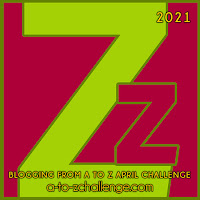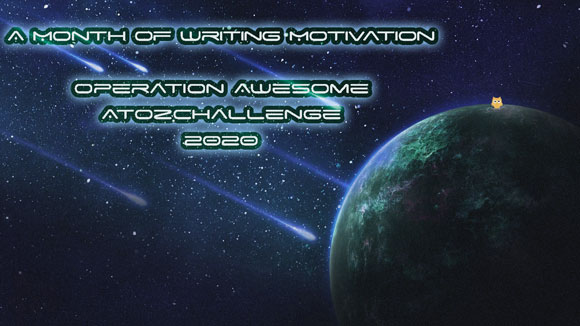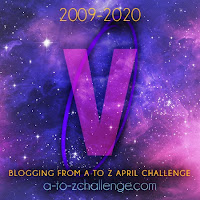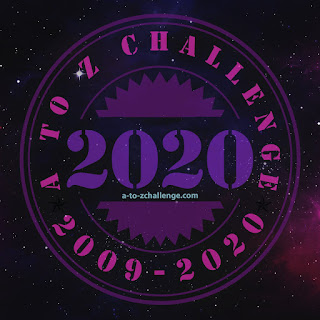




I've participated in NaNoWriMo on and off for the past five years or so, although I only won in 2018 and 2019. To be honest, I'm still not sure if I'm going to participate this year - I sure don't have a lot of time left to decide! Whether I choose to do it or not, I have a few tips to offer from my personal experience that have made NaNoWriMo easier the past few years. They're sort of sneaky tips, things that might be a little writer-unethical, but they'll get you there in the end.
1) Give yourself permission to write badly. Like, really badly.
It's something that's so hard for us as writers, but it's kind of the whole point of NaNoWriMo. Our only goal is to get the words written, no matter what they are. Let yourself write your worst manuscript without stopping to edit along the way. If you really need to change something, make a note to go back and do so after NaNoWriMo is over. Remember, words written are words written - the last thing you want is to make an edit and find out you have fewer words now. We're going for quantity over quality here.
Take an example from my 2019 NaNoWriMo manuscript. As I was getting to the end of my MS, I was seriously running out of steam. I used the phrase "Then something bad happened" twice on the same page just as a way to transition to the next plot event. And you know what?
Who cares?
Who cares if your first draft is messy? Who cares if you talk around that word you just can't remember in the moment? Who cares if you use the word "just" five hundred times? All you have to do is get to the end of your manuscript, regardless of how you get there.
2) Use juicy scenes as a reward.
I usually write from an outline, so I usually write my manuscripts sequentially. Sometimes, though, I get bored of a particular section, or I lose my momentum thinking of how much I have left to write. So, I tell myself that if I hit my word count goal for the day, I can skip ahead and write a scene I'm really looking forward to. It's an excellent motivator, because it gets me three wins: I get my daily words in, I get a little extra done with the bonus scene, and I end my writing time on a high.
Good luck to everyone who's participating this year! We hope you've picked up a new tip or trick to make your 2020 NaNoWriMo experience a little better.
At the end of the day, you shouldn't query an agent who doesn't represent your genre. Period."Dear Agent: I read on your blog that X doesn't work 99.9% of the time, but I believe my novel might be the exception." #doubtit #pubtip— Angie Hodapp (@angiehodapp) June 30, 2015











